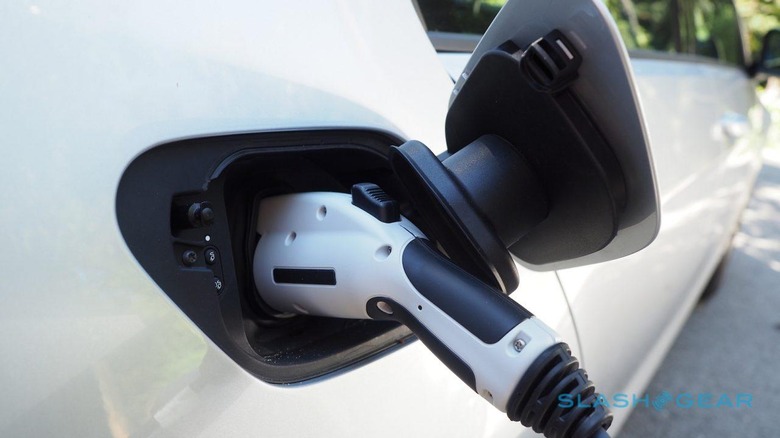Huge Fast Charge Scheme To Push Urban EVs Gets Go-Ahead
California has given the green light to almost $768m of EV charging infrastructure investment, with electric companies set to dramatically increase the number of fast charging locations to encourage zero-emission vehicle adoption. The California Public Utilities Commission had been hearing proposals by the utility companies as to how the state could deliver on its huge, five million zero-emission vehicle target for 2030.
One of the most significant hurdles meeting that goal faces is infrastructure, with both passenger cars and larger vehicles – like buses and trucks – needing sufficient places to plug in and recharge. On the one hand, there's the question of giving battery-electric vehicles enough power in a relatively short period of time. Meanwhile, urban residents face challenges with home charging, given the shortage of assigned parking spaces and garages.
Several proposals had been put forward by Pacific Gas & Electricity (PG&E), Southern California Edison (SCE), and San Diego Gas & Electric Co. (SDG&E) for how those problems might be addressed. For PG&E, the approved proposal will mean up to $22.4m spent on installing the necessary infrastructure for its Fast Charge program, providing access to DC Fast Charging points. They, it's suggested, could give urbanites a new way into EV usage.

"It is essential for the EV market to move beyond single-family detached homes to scale up to meet long-term climate and air quality goals," the Commission concluded. "Many of the 45 percent (as of the year 2000) of Californians who rent, live in apartment or condo buildings, and use street parking have more limited options for EV charging and access to faster charging can eliminate a barrier to EV adoption."
It also mandated some degree of future-proofing for those DC Fast Charge points. Although PG&E had envisaged some mixture of total power on offer, it expected that to range from 50 kW chargers through to 350 kW. The Commission has requested a minimum of 150 kW provision being made, though it's worth noting that the actual EVSE – the Electric Vehicle Supply Equipment into which the electric car plugs – may not deliver that full 150 kW. It will be up to site hosts to decide what specific EVSE to install, meanwhile.
"It is prudent for PG&E to install the customer-side electric infrastructure necessary to support EVSE of 150 kW or larger at each DCFC site that supports corridor charging in the Fast Charge program, even if a lower capacity EVSE is installed, to account for the possibility that the site host may wish to upgrade to higher-powered EVSE in the future," the Commission said.
Initially, PG&E has been instructed to install the make-ready infrastructure for 52 sites. There's a particular emphasis on so-called Disadvantaged Communities, too. PG&E can offer rebates of up to $25,000 to these, to cover the cost of a suitable EVSE and its installation. 25-percent of the program must target such communities.
The remaining spend will go on a number of other proposals, including infrastructure and rebates for medium- and heavy-duty electric vehicles, the SF Chronicle reports. SDG&E, meanwhile, plans to offer almost $137m in rebates for home charging station purchase and installation for its customers. That will be contingent on a number of factors, including that the EVSE units installed are smart, connected chargers that can feed data back to the grid about how they're being used.
The goal is to set out a roadmap for EV best practice that, California's officials hope, other states will look to. California already has the largest number of plug-in hybrid and fully-electric cars out of all of the US, and its regulations around air quality and emissions – though tougher than those applied by the EPA as a nationwide standard – have nonetheless been adopted by multiple states. In the process, California has found itself facing pressure by the EPA to loosen its requirements.
MORE SB 350 proposed decision [pdf link]
